If you're like most people, you probably think of your car's spark plugs as maintenance items that you don't need to think about until it's time for a tune-up. But did you know that spark plugs can also indicate problems with your engine? In this blog post, we'll learn, how to test your spark plugs with a multimeter. We'll also explain what the readings mean and what they could indicate about the health of your engine. So if you're curious about what's going on under the hood of your car, keep reading! To test your spark plugs, you'll need a digital multimeter. You can find one at Kaiweets.com or Amazon.
What is a spark plug and why it needs to be tested?
Spark plugs are an essential part of any gasoline engine. They provide the spark that ignites the fuel in the engine, which in turn powers the vehicle. Over time, spark plugs can become fouled or damaged, which can impact the performance of the engine. That's why it's important to test spark plugs regularly to ensure they're in good working condition.
There are a few different ways to test spark plugs. One is to use a multimeter to measure the resistance of the plug. Another is to visually inspect the plug for signs of wear or damage. Finally, you can remove the plug and inspect it for deposits or another build-up.
If you find that your spark plugs need to be replaced, it's important to do so as soon as possible. Waiting too long can lead to engine damage or even complete engine failure. So be sure to keep an eye on your spark plugs and test them regularly to keep your engine running smoothly.
How to test a spark plug with a multimeter?
A spark plug is an essential part of the ignition system in any internal combustion engine, and it needs to be in good working order for the engine to run properly. If you suspect that your spark plug may be faulty, you can use a multimeter to test it and see if it is indeed damaged. To test a spark plug with a multimeter:
Step by Step Procedure to test spark plug with a multimeter:
- First, remove the spark plug from the engine.
- Use a wire brush to clean off any dirt or debris that may be on the spark plug.
- Once the spark plug is clean, reattach it to the multimeter.
- Set the multimeter to the “resistance” setting.
- Touch the probes of the multimeter to the metal tip of the spark plug and to the metal sleeve that goes around it.
- If the reading on the multimeter is within the normal range, then the spark plug is working properly. If the reading is outside of the normal range, then the spark plug is most likely damaged and needs to be replaced.
Note: The resistance value of a good spark plug is between 500 and 3000 ohms. As the plug ages, values below 5000 ohms are acceptable. But once the plug's resistance value exceeds 5000 ohms, the plug should be replaced.
Keep in mind that a damaged spark plug can cause engine misfires, so it is important to test and replace them as needed. Also, make sure to check your owner’s manual for the specific resistance range for your vehicle’s spark plugs.

What are the possible causes of a bad spark plug?
· Overheating:
If your spark plugs become too hot, they can begin to break down and fail. This can be caused by several things, including running the engine at too high of a temperature, using the wrong type of spark plug for your vehicle, or having a defective spark plug.
· Oil fouling:
If oil begins to build up on your spark plugs, it can cause them to misfire and eventually fail. This can be caused by an oil leak, an overly rich fuel mixture, or improper valve clearance.
· Carbon deposits:
Over time, carbon deposits can build up on your spark plugs and prevent them from firing properly. This can be caused by incomplete combustion, excessive idling, or using the wrong type of fuel.
· Corroded:
If your spark plugs become corroded, they can fail to fire properly. This can be caused by moisture or chemicals in the air, such as road salt.
· Damaged:
If your spark plugs become damaged, they can fail to fire properly. This can be caused by physical damage, such as hitting a pothole, or by electrical damage, such as a voltage spike.
If you suspect that your spark plugs may be failing, it's important to have them checked by a qualified mechanic as soon as possible. Failure to do so can result in engine damage or even a fire.
Frequently Asked Questions:
How often do I need to change my spark plugs?
The answer to this question depends on many factors, such as the type of engine, the age of the vehicle, and driving habits. However, most mechanics generally suggest changing spark plugs every 30,000 miles or so.
What are the symptoms of a bad spark plug?
Several symptoms may indicate a problem with a spark plug, including a decrease in fuel efficiency, an increase in engine noise, and a misfire in the engine.
What is the difference between iridium and platinum spark plugs?
Iridium spark plugs tend to last longer than platinum spark plugs and also provide better performance. However, they are also more expensive. Platinum spark plugs, on the other hand, are less expensive but need to be replaced more often.
What is the warranty on spark plugs?
Most spark plugs come with a warranty of 1 year or 12,000 miles. However, some manufacturers may offer a longer warranty. Consult your owner’s manual or the manufacturer to see what is available.
Conclusion:
This simple test can help you diagnose problems early and prevent costly repairs down the road. So don't wait until your car starts acting up to give your spark plugs a checkup. Test them regularly to keep your engine running smoothly. By testing your spark plugs with a multimeter, you can be sure that they are in good condition and working properly. This will help keep your engine running smoothly and prevent expensive repairs in the future.

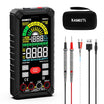

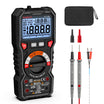
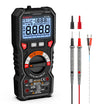
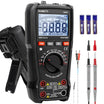
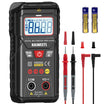
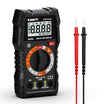

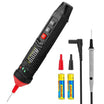


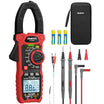


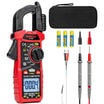









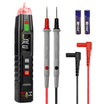

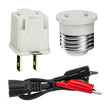
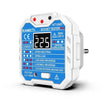


































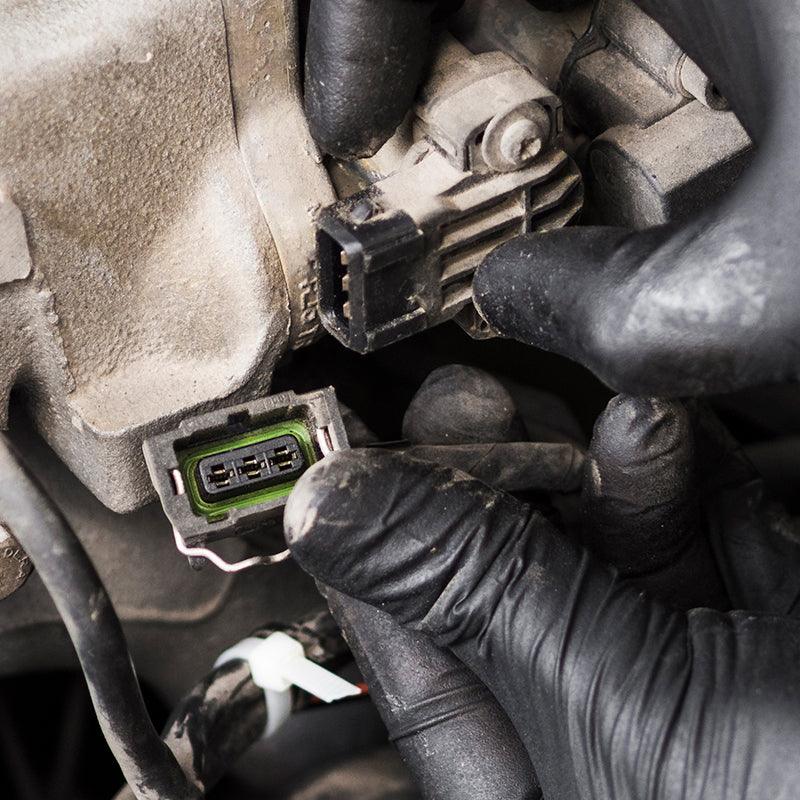


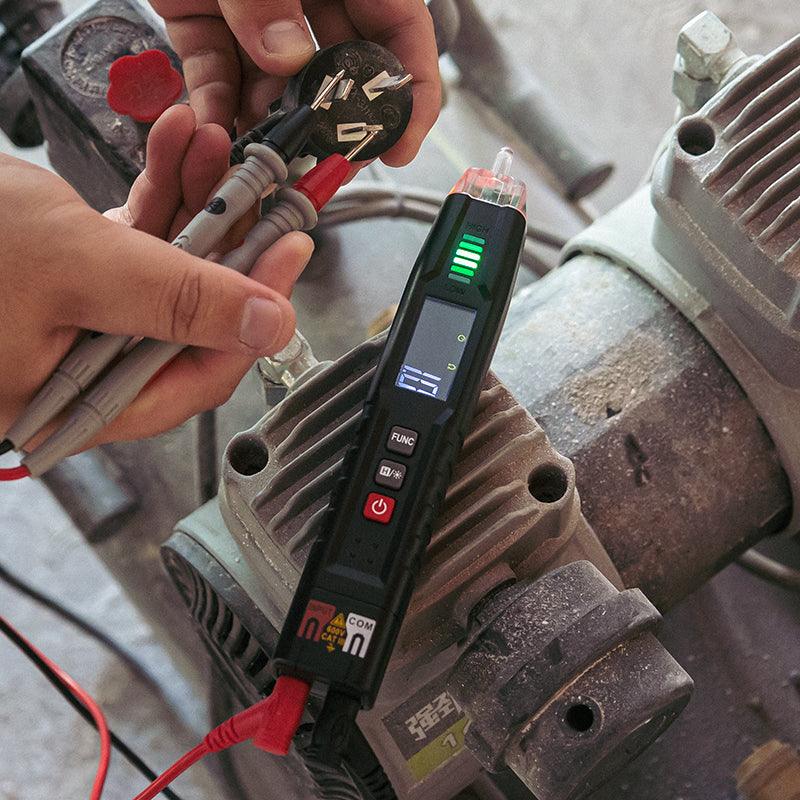
Commenta
Nota che i commenti devono essere approvati prima di essere pubblicati.
Questo sito è protetto da hCaptcha e applica le Norme sulla privacy e i Termini di servizio di hCaptcha.